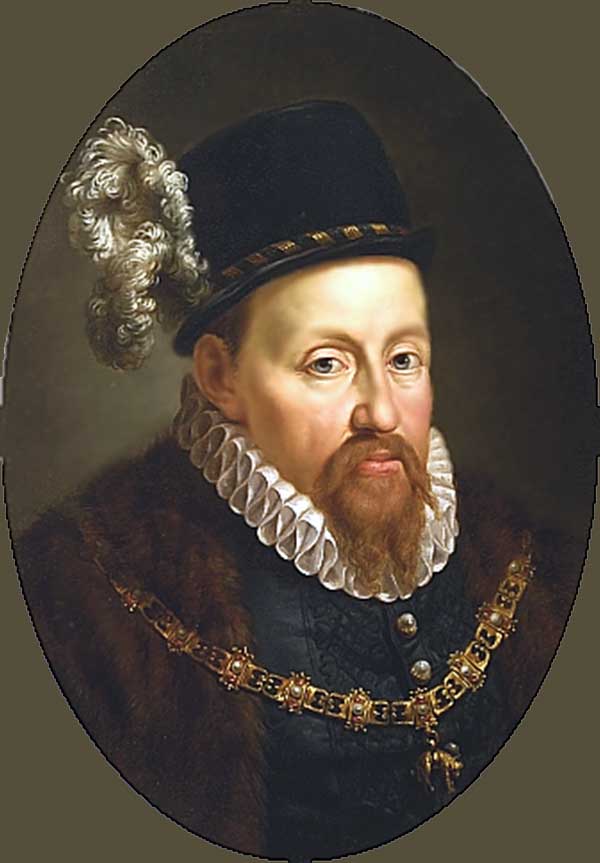Protestants Unite in Poland - 1570

Sigismund Augustus of Poland.
Introduction
In the second half of the sixteenth century, an emissary of the pope talked Sigismud Augustus of Poland out of holding a council of Christian denominations to reconcile differences. Poland’s three Protestant denominations, the Lutherans, Moravians, and Reformed churches determined to meet anyway and iron out their own differences so as to strengthen the Protestant position, end the scandal of Protestant divisiveness, prevent a takeover of the state by a strong party of Unitarians, and, they hoped, convert Sigismund to Protestantism. After the Moravians proved to the Lutherans that they were orthodox, the synod met at Sandomir. A few days of discussion convinced those in attendance that they were agreed on all fundamental doctrines. On this day, April 14, 1570, the delegates signed an “Act of the Religious Union between the Churches of Great and Little Poland, Russia, Lithuania, and Samogitia,” They even found wording to cover their differences on the interpretation of the Lord’s Supper, agreeing it was more than mere symbolism and therefore able to impart to believers “by faith” that which the bread and wine represented—the body and blood of Christ.
Quote
“…The substantial presence of Christ is not only signified but really represented in the Communion to those that receive it, and that the body and blood of our Lord are really distributed and given with the symbols of the thing itself; which according to the nature of Sacraments are by no means bare signs….
“But that no disputes should originate from a difference of expressions, it has been resolved to add to the articles inserted into our Confession, the article of the Confession of the Saxon Churches relating to the Lord’s Supper, which was sent in 1551 to the Council of Trent, and which we acknowledge as pious, and do receive. Its expressions are as follows: ‘Baptism and the Lord’s Supper are signs and testimonies of grace, as it has been said before, which remind us of the promise and of the redemption, and show that the benefits of the Gospel belong to all those that make use of these rites... In the established use of the Communion, Christ is substantially present, and the body and blood of Christ are truly given to those who receive the Communion.’”
Wylie, James A. The History of Protestantism. London, Paris, and New York. Cassell & Company, Ltd.





